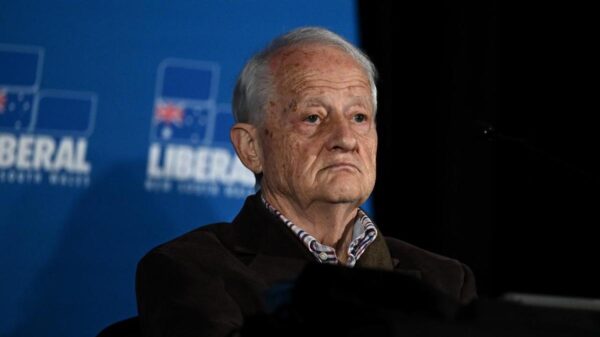Senator Jacinta Nampijinpa Price‘s comments during a television interview have ignited a political crisis for Opposition Leader Sussan Ley. Following a series of controversial remarks regarding Indian migrants, Ley faced mounting pressure to distance the Coalition from Price’s statements. Ultimately, Ley found herself compelled to dismiss Price, reflecting the Coalition’s struggle to maintain support amid ongoing backlash.
The turmoil began when Price asserted that Indian migrants were receiving visas in exchange for voting for the Labor Party. This claim prompted strong criticism and raised concerns about the Coalition’s relationship with Indian-Australians, a demographic that has shown a willingness to support the party. Ley’s hesitance to act decisively until a late press conference on September 27, 2023, underscored the challenges she faces in asserting her authority.
Ley’s leadership approach has aimed to rectify the over-centralization seen under former leader Peter Dutton. While her collaborative style was intended to foster unity within the party, it has also created difficulties in managing dissent, particularly from influential frontbenchers like Price. The fact that Price felt empowered to resist Ley’s request for an apology highlights the fractures within the Coalition.
During the press conference, Price defiantly stated that she would not be silenced and repeatedly deferred questions regarding her confidence in Ley’s leadership to the party room. This defiance added to the perception of Ley’s weakened position as leader. In a more authoritative role, Ley might have demanded an immediate retraction of Price’s statements, but she opted for a more measured approach, delegating the responsibility to her ally, Alex Hawke.
Ley’s concerns were amplified by the potential fallout from Price’s comments, particularly considering the significance of the Indian-Australian voting bloc. Ley reached out to Price on September 25, 2023, urging her to apologize, as party members recognized the importance of maintaining positive relations with this community. Contrary to Price’s claims, estimates suggest that a significant proportion of Indian-Australians do not align with Labor, making Ley’s apprehension regarding the backlash all the more pertinent.
The Coalition’s political landscape is increasingly precarious, with support dwindling as the saga surrounding Price continues to unfold. Ley’s decision to dismiss Price may stabilize her leadership in the short term, but it also raises questions about the Coalition’s direction and unity moving forward. As the party navigates this contentious episode, Ley’s ability to assert control and unify her team will be critical in the lead-up to the next election.
With the Coalition’s reputation on the line, the implications of this incident extend far beyond internal party dynamics. The ongoing discourse around immigration and community relations will undoubtedly shape the Coalition’s electoral strategy in the coming months. As the party seeks to regain trust, the fallout from Price’s remarks and Ley’s response will be closely scrutinized by both supporters and critics alike.


































































